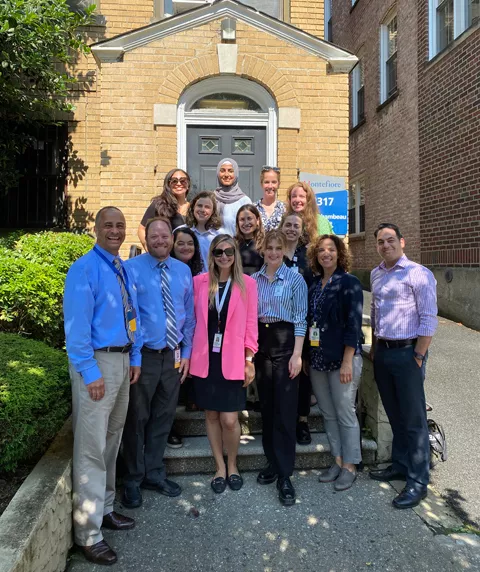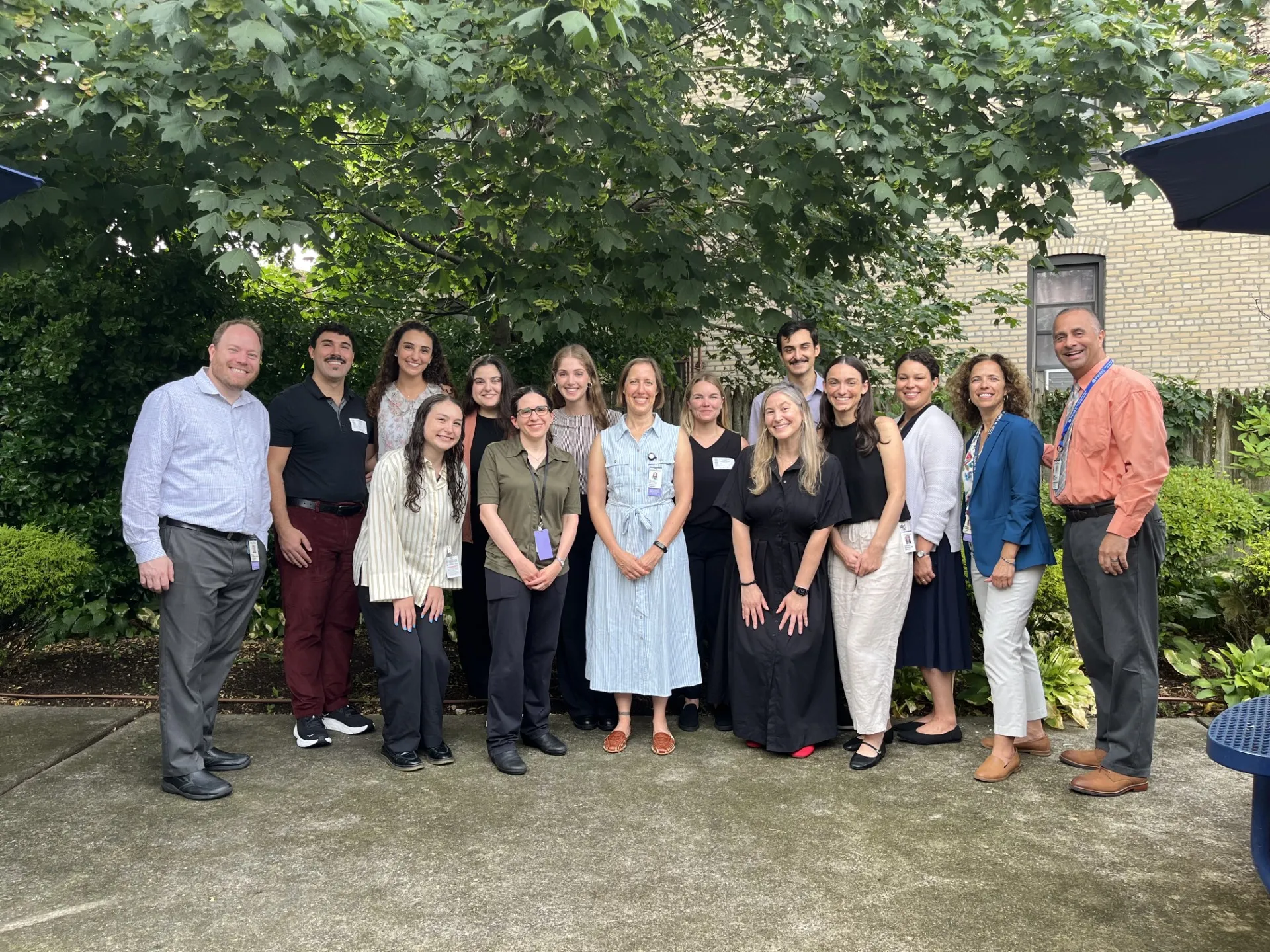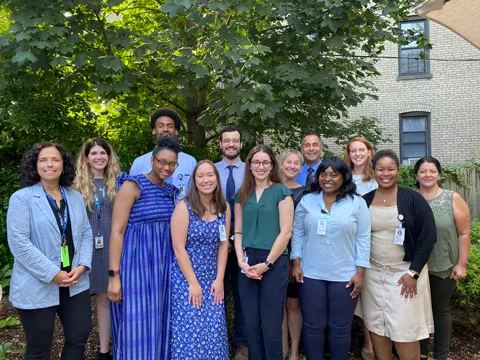Program Setting
The Psychology Internship Training Program is part of the Montefiore Einstein hospital network, one of the largest healthcare systems in the nation, offering a full range of services to approximately two million individuals in the Bronx, Westchester County and the lower Hudson Valley, as well as from across the nation and around the world. In addition, the U.S. Census considers the Bronx to be one of the most diverse areas in the country in terms of race and ethnicity, with the majority of the population speaking a foreign language at home (45% Spanish). The demographics of the Bronx are characterized by a Hispanic majority, which is unique among New York City’s boroughs. Our patients also present with an immense range of both acute and chronic medical and mental health issues, as well as numerous psychosocial and environmental stressors (e.g. complex trauma; low socioeconomic status (SES); lower levels of early childhood development; increased social exclusion; decreased social support; reduced availability of healthy foods; reduced accessibility to health transportation, etc.) and higher rates of addiction.

Program Mission & Vision
The Psychology Internship Training Program is sponsored by Montefiore Einstein, an academic medical center with a mission “to heal, to teach, to discover and to advance the health of the communities we serve,” with a focus on learning, research and collaboration in the pursuit of excellence in the delivery of care. Montefiore Einstein constantly strives to build on our rich history of medical innovation, population health and community service. This is exemplified in our exceptionally compassionate care and dedication to improving the well-being of those we serve.
Our vision is to be a premier academic medical center that transforms health and enriches lives. Through an enduring partnership with Albert Einstein College of Medicine, a research-intensive institution with a wide range of basic and population science departments, Montefiore Einstein aims to combine clinical care with bench-to-bedside research to deliver the most current treatments available to our patients and create new knowledge. Together, with state-of-the-art facilities and the highest ethical standards, we aim to challenge the limits of healthcare to enhance the lives of everyone we care for and future generations.

Program Objective
Consistent with the mission and vision of Montefiore Einstein, the objective of the Psychology Internship Training Program is to achieve a balance between clinical service, training, supervision, and research throughout the internship year while capitalizing on the unique opportunities that arise from being housed in a busy academic medical center serving a complex population. In addition, as Montefiore Einstein has a long history of being at the forefront of community service in its training and direct care, psychology interns are afforded opportunities to expand their professional identities to include mental health advocacy within the hospital network, in the surrounding community and beyond, as well as community service (e.g. presenting to local groups and associations via our Community Speakers Bureau, a joint effort of the Departments of Psychiatry and Pediatrics in collaboration with multiple Montefiore Einstein partners, including our Office of Community and Population Health).
Interns must complete their internship within one year of full-time training. While the minimum time commitment per week is 40 hours, most interns average more (approximately 45 hours per week). The time that interns spend in particular activities varies according to their specialization (adult, child and adolescent, combined or neuropsychology) and typically includes providing direct patient care, administrative tasks (e.g, patient visit documentation), engaging in scholarly work, receiving supervision, participating in multidisciplinary treatment team meetings and staff meetings, and attending didactics (lectures, Grand Rounds, etc.).






